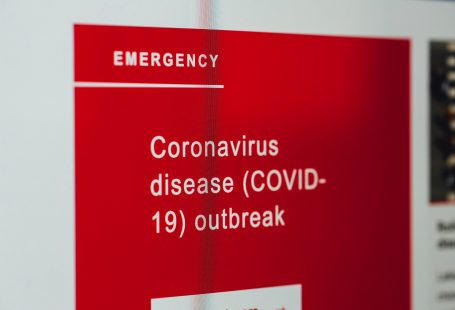Family historian, Stephanie Coontz, is admittedly one of my favorites.
Former President of The Council on Contemporary Families, Dr. Coontz brings a much needed perspective to our cultural discourses about marriage and family life. Her capacity to mine enormous bodies of data and expose trends about the current state of relationships is remarkable – and very much needed. The landscape of marriage and family is not easy to navigate, and I’m grateful for her clarity and perspective.
In that spirit (and because tomorrow is Valentines Day), I wanted to share her New York Times piece, For a Better Marriage, Act Like a Single Person.
Couple and family therapists are well aware of the hazards when two people believe they can be ‘everything’ to each other. From a historical perspective, this “soul mate,” “one and only,” “romantic love” narrative is a fairly recent phenomenon. In the not too distant past, one’s marital partner was not expected to fulfill so many needs; rather, marriage was more of an economic arrangement, with less expectation of emotional fulfillment from that one person. (For a full discussion, check out Dr. Coontz’s 2006 book: Marriage, A History: How Love Conquered Marriage).
I’ve said before that one of the more exciting things about being a Couple and Family Therapist today is the research that shows the significance of relationship in one’s life. In a shift from the traditional, individual paradigm that has dominated psychological theory, the new “science of relationship” and data from a wide variety of studies shows what we family therapists have intuited for so long: that the quality of one’s relationships matters to health and well being.
In her Times article, Coontz shifts her lens to the impact of community on marriage. She finds that social networks of friends and family are enormously helpful to the couple:
“having supportive friendships is associated with more satisfying marriages, even among couples already content with the support they get from each other.”
And, the benefits go beyond the psychological health of the marriage:
“…..health researchers report that maintaining high levels of social integration provides as much protection against early mortality as quitting smoking. In fact, having weak social networks is a greater risk factor for dying early than being obese or sedentary. One analysis of 148 separate health studies found that people who cultivated a wide network of friends and other social relationships had a mortality risk 50 percent lower than those with weak ties.”
Therapists typically attempt to shift the dynamics between the members of the couple they see for treatment. Coontz warns against using such a narrow lens:
“Many marriage counselors focus narrowly on improving partners’ couple skills without taking into account how the marital relationship is affected by interactions with other people. Yet a 2017 study found that when people socialize more frequently with good friends, they not only report fewer depressive symptoms themselves, but so do their partners.”
So, Happy Valentines Day. Here’s to celebrating the many relationships that edify our lives, and contribute to our health and well being.
Read Dr Coontz’s full article here



